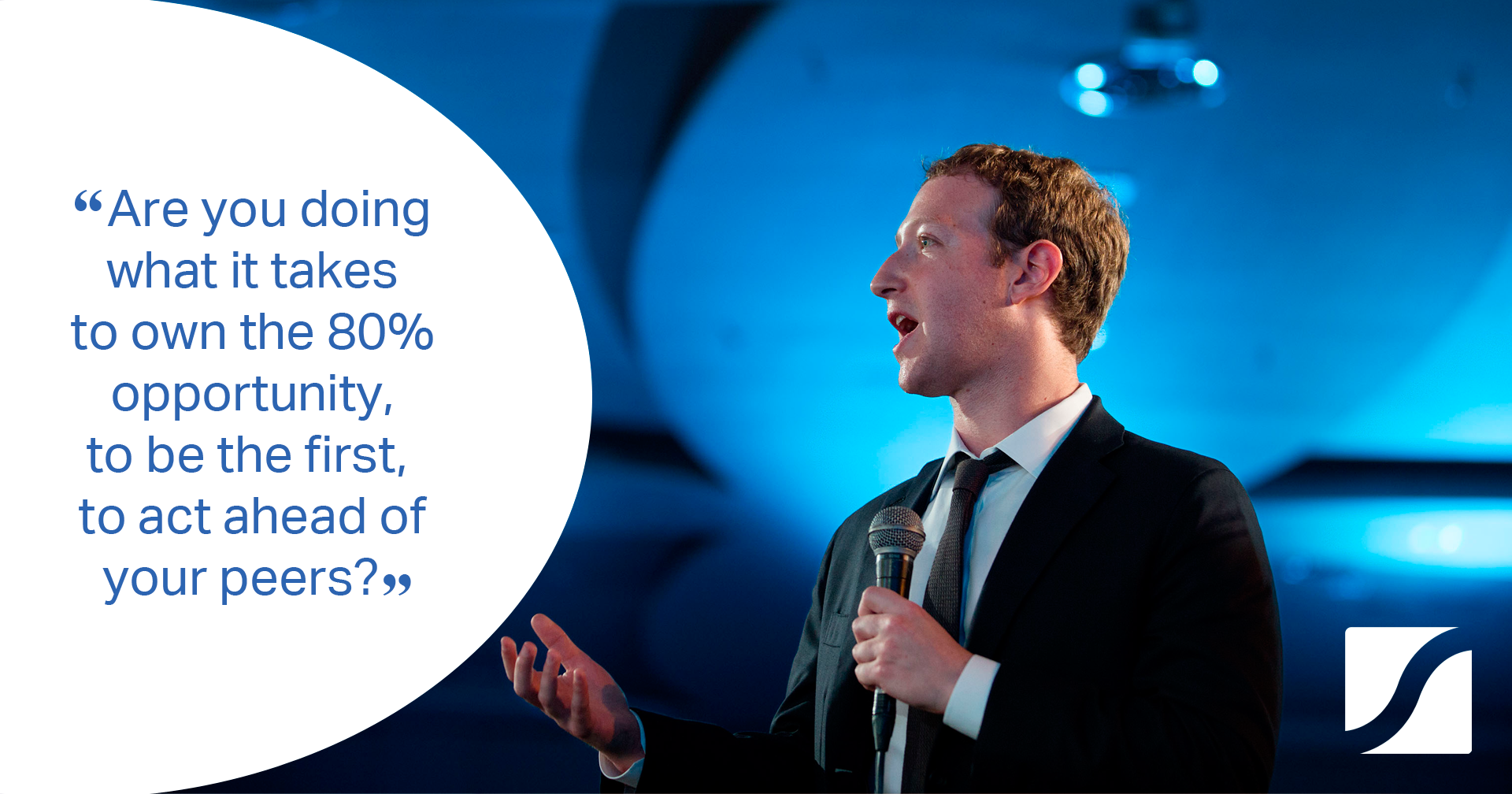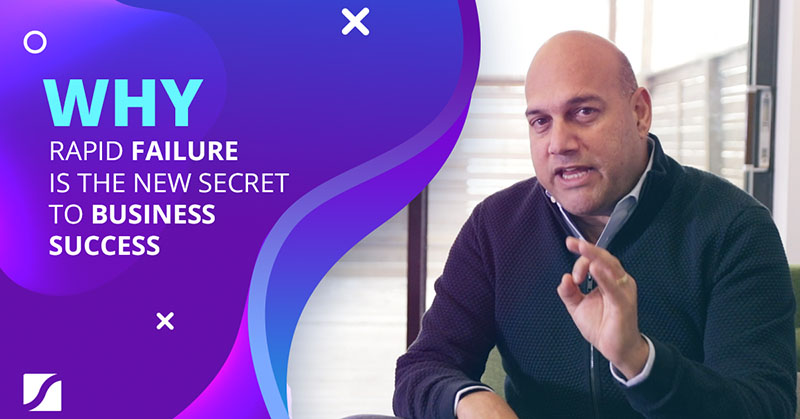What it Would Take to Out-Move Facebook

Over one billion people are on it. While its future is still uncertain, it is already impacting most businesses, transforming journalism, and raising broad societal issues in its wake.
But its most valuable lesson is being largely overlooked. If companies would step back and look at its history, it underscores three strategic insights that could transform a business.
I’m talking, of course, of Facebook’s video service, Facebook Live.
Facebook Live allows users to share live video streams and host them for future viewing … of weddings, talking head rants, and (unfortunately) crimes. The latter use has garnered the most press and forced the company to hire an army of video police to take down inappropriate clips.
But I think the most insightful lesson from the service emerges by looking at how it came to be.
Facebook was worried. Engagement was waning among a critical demographic, young urban kids. They were looking for ways to win them over again.
Facebook experiments, constantly. One service they were experimenting with was video. They had offered a limited test of a beta video service and were meeting to review the results. CEO Mark Zuckerberg was there, and as the team reviewed the findings, it became clear they were on to something potentially significant. In the test markets the video service significantly improved engagement – more users, more times, more posts. And the impact was particularly activated among the core demographic Facebook was worrying they were losing.
So Zuckerberg made a decision. The company would need to pivot. He handpicked 100 developers, plucked them from their roles, and put them in a big space, cordoned off. They would work nonstop to develop Facebook’s new video service.
What would have easily taken another company a year to develop, the Facebook team achieved in just three months. They were first to market, which in technology can mean the difference between 80% market share and 5%.
Most companies cannot move quickly enough and so miss those unexpected 80% market share opportunities because they fail at three critical junctions:
- Experimenting: Facebook would never have had the data that led to their insight if they were not ALREADY experimenting with video. Most companies only experiment AFTER they have some insight that tells them an idea has potential.
- Being aware of your weaknesses: Facebook knew it was failing with a critical demographic. They understood this demographic to be important. Few companies are willing to truly understand and admit their weaknesses or are unable to identify those that are truly critical.
- Taking action: When experimentation (point 1) met an insight that addressed a weakness (point 2), Facebook was able to act quickly. Companies that take two weeks to set up a meeting with five people – as is the case with so many large and small – are acting too slowly.
Are you doing what it takes to own the 80% opportunity, to be the first, to act ahead of your peers? Ask yourself:
- Are you experimenting today on, say, 5-20 initiatives that you are not yet sure are good ideas?
- Are you honestly aware of your top 3-5 strategic issues and opportunities? Is everyone in the company aware of them?
Can you assemble a team tomorrow (or better yet today) with the size to have the information and the authority to make a decision?



.png)